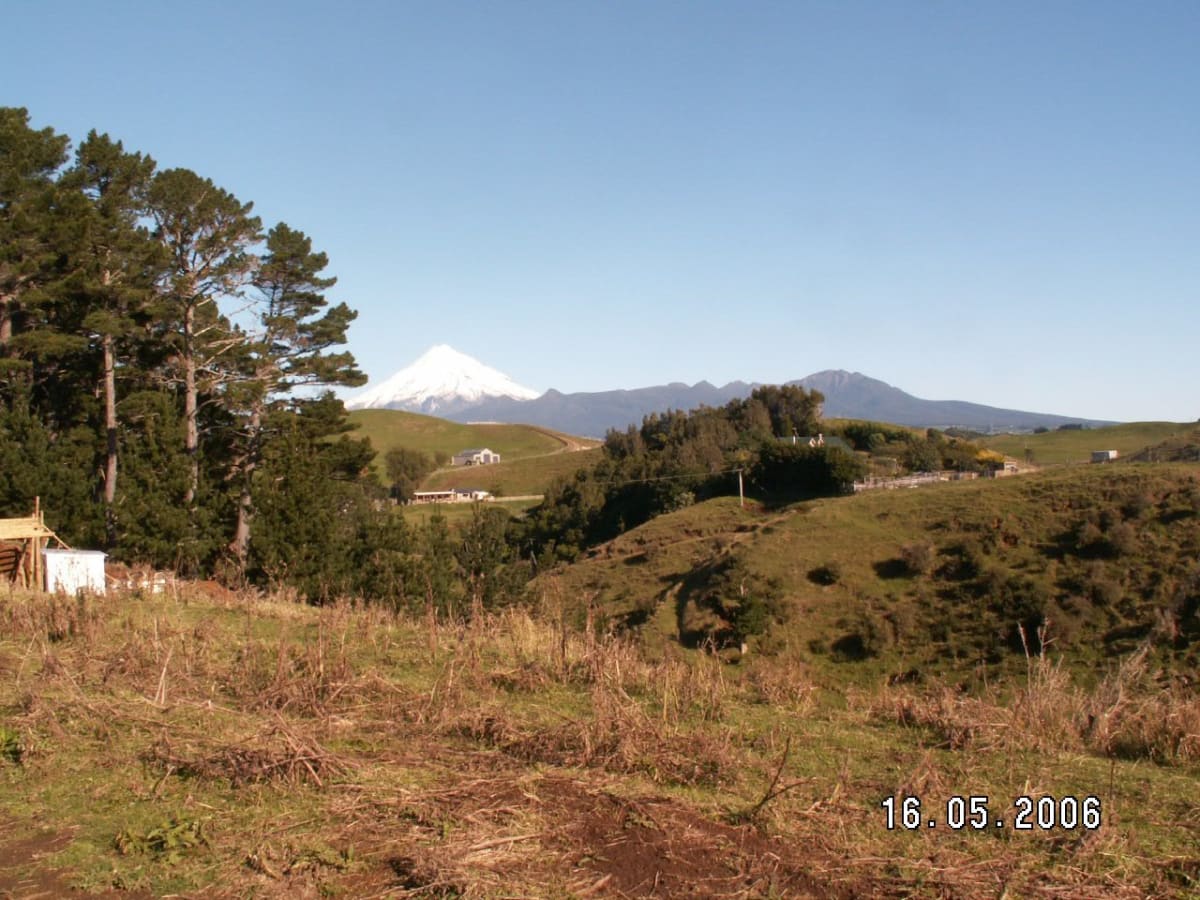
It’s Nobel Prize week, and today was the biggie: the Nobel Peace Prize. Last year, it was awarded jointly to the International Panel on Climate Change and Albert “you can call me Al” Gore. This year, it went to someone who has had substantially less airtime: Martti Ahtisaari.
Nobel Prizes are the talk of the town in Stockholm, home of Alfred Nobel.
It’s Nobel Prize week, and today was the biggie: the Nobel Peace Prize. Last year, it was awarded jointly to the International Panel on Climate Change and Albert “you can call me Al” Gore.
This year, it went to someone who has had substantially less airtime: Martti Ahtisaari. No, I hadn’t heard of him either. Turns out he’s a peace broker, a mediator, and a former President of Finland. He twice worked to find a peaceful solution in Kosovo, first in 1999 and again between 2005 and 2007 (Kosovo declared independence from Serbia this year). His organisation Crisis Management Initiative has worked to restore peace in Aceh, Indonesia, and in Northern Ireland, and has been working to help find a way to conclude the war in Iraq.
Controversially (because where there’s a Nobel Peace Prize there’s controversy), he defended the actions of the US at the start of that war. After the war had started, he said, “Since I know that about a million people have been killed by the government of Iraq, I do not need much those weapons of mass destruction”.
And the other Nobel Prizes go to:
Literature: Jean-Marie Gustave Le Clézio (France) for “sensual ecstasy”, among other things.
Chemistry: Osamu Shimomura, Martin Chalfie and Roger Y Tsien (USA) for the discovery of a fluorescent green jellyfish protein, GFP, that can help track spreading cancer cells.
Medicine: Harald zur Hausen (Germany) for discovering that some human papilloma viruses cause cervical cancer; Françoise Barré-Sinoussi and Luc Montagnier (France) for discovering HIV.
Physics: Yoichiro Nambu (USA) and Makoto Kobayashi and Toshihide Maskawa (Japan) for discovering lots of things about “broken symmetries” in subatomic physics, which are the reason the universe exists—and the Large Hadron Collider (thanks for the nightmares, guys).
Economics: TBA (not strictly a Nobel Prize, but awarded in his memory).
Alfred Nobel was born here in Stockholm, and the Nobel Museum here is small but worth visiting. I was surprised to learn Nobel made his fortune in explosives and armaments: he invented dynamite and Gelignite, which made the building of roads, tunnels and bridges possible in Europe and all over the world.
He decided to leave his unusual legacy after a newspaper accidentally printed his obituary before he died. The premature piece was headed up ‘Le marchand de la mort est mort’ (The merchant of death is dead) and continued: “Dr Alfred Nobel, who became rich by finding ways to kill more people faster than ever before, died yesterday.” Which would be enough to make anyone think fast for a better legacy.
So, he left 31 million Swedish kroner in his will, worth billions in today’s money, the interest on which was to fund the five awards. Today, a Nobel Prize gets you 10 million kroner (about $2.4 million) and a gold medal.
Since I can’t speak Swedish I can’t really tell how much media attention is being given to the awards over here, but it seems like the talk of the town. The whole country gets a holiday on December 10, however, the day of the award ceremony. Lots of families have a special ‘Nobel dinner’ and watch the ceremony on television—a bit like the Oscars, but with science. (I’m pretty sure the Oscar-winners wear better outfits.)